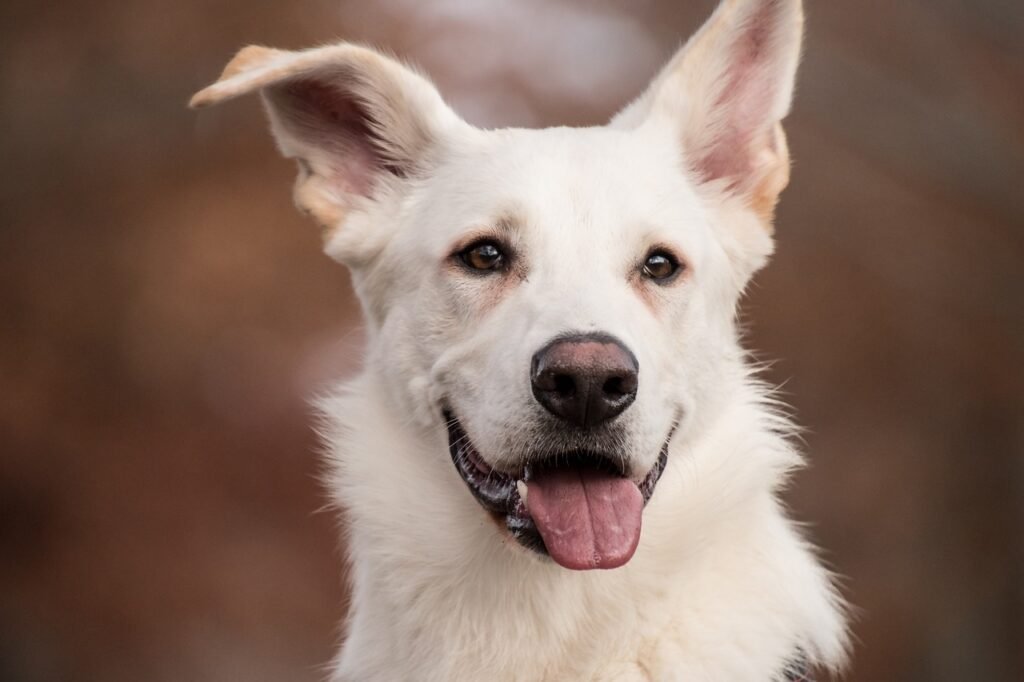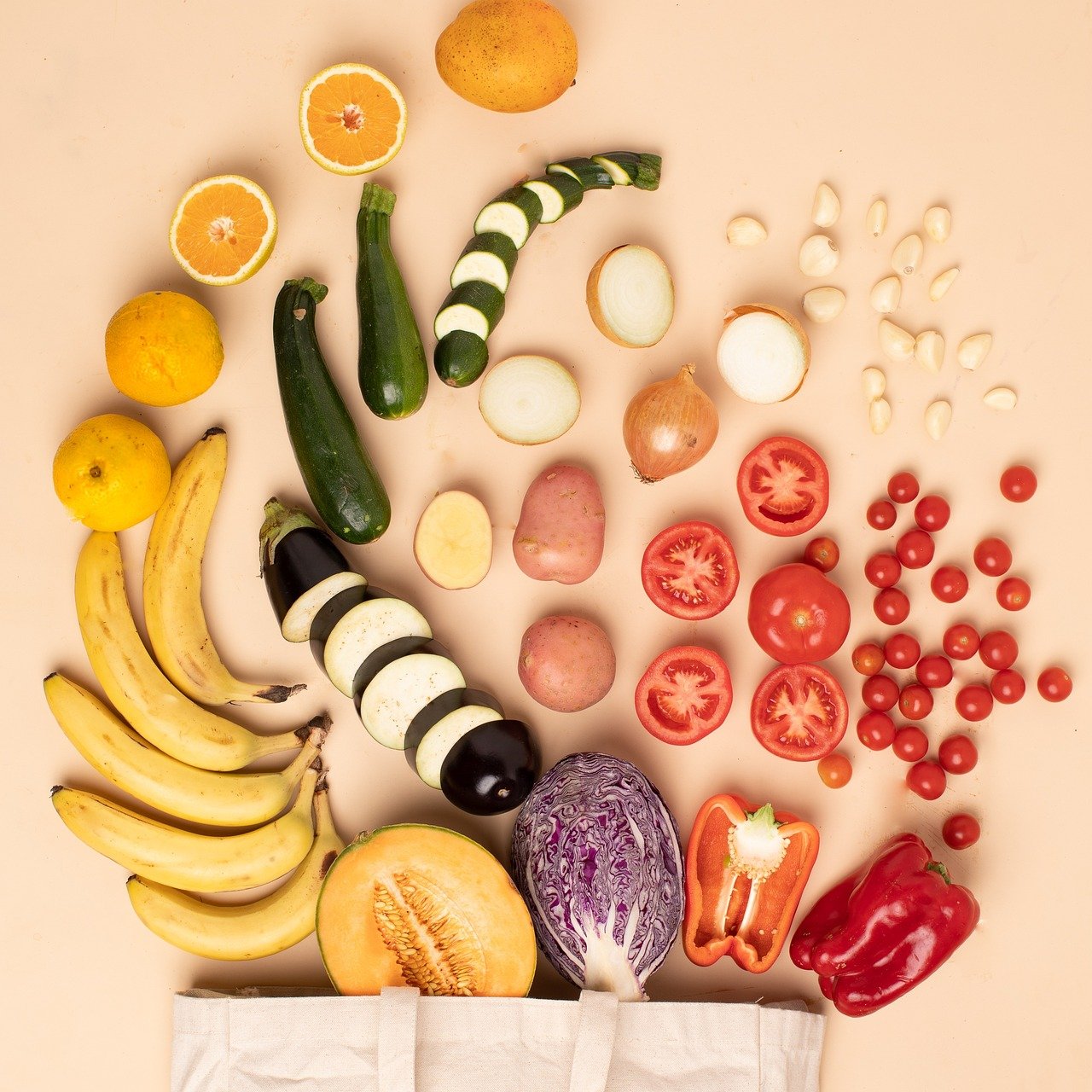So you’re digging your teeth into a snack that you can give to your furry companion, trying to figure out whether your dog is going to get sick with winter fruits and vegetables. While we may find it hard to resist the delicious winter vibe of produce, checking if those treats are safe for your dog becomes a primary concern. Many fruits and vegetables that humans delight in eating seriously threaten their dogs’ health, so knowing what is good for their health and what could jeopardize it is the only way to keep them happy and in good health.

Understanding Your Dog’s Diet
The winter nice is for hiding vegetables and fruits for a pooch, but always remember dogs are not like humans. While some fruits and veggies are good sources of fiber, vitamins, and antioxidants, others could simply upset his or her digestion or perhaps even worse, cause diseases. As a dog parent, you ought to know the special needs of your dog or any specific allergies which may affect it, especially during holidays when tempting human share-rich foods may be around. When in doubt, do consult your vet before introducing anything special in your dog’s food.
Adopting a fiber-rich or limited-ingredient diet in your dog’s routine would offer him or her a well-balanced diet. Such a type of dpet usually contains healthy fruits and vegetables (like the winter kind) that are good for the overall health of your dog. Here are some of the winter fruits and vegetables that can be given to dogs safely.
Can One Feed Wintertime Vegetables To Dogs?
Many vegetables which are available in winter are good sources of nutrients that can be given to a dog in moderation. Should one make a hearty and warm meal for oneself, here are a few common winter vegetables that are most likely to be regarded as safe for the majority of pups that may include your canine.
Cabbage
This leafy green vegetable is good for both dogs and humans, but in moderation. Cabbage can provide fiber, vitamin C, and several antioxidants that are good for your dog’s digestion. But beware of gas because that can easily be caused by cabbage. Not many people appreciate a stinky dog, so watch the portion!
Brussels Sprouts
Brussels sprouts are another winter vegetable rich in nutrients, including vitamins C and K, and are good antioxidants for supporting your dog’s immune system. And while it supports in keeping the flatulence away, its digestive qualities are mostly like cabbage. They will also irritate the digestive tract if too many are given at one time. So to see a happy, healthy dog minus the nasty side effects, serve these in little bite-sized portions!
View Less
Broccoli
Broccoli makes a good treat for your dog since it is full of fiber and vitamin C. The florets contain isothiocyanates, which can irritate the gastric system when ingested in large amounts. To thwart such a probability of choking or gastrointestinal problems, it is best to serve the vegetable in small pieces that the dog could comfortably chew on.
Kale and Kale Stems
While kale is often touted to be a superfood for humans, it is not so for dogs. In fact, kale includes high calcium oxalate content that, if ingested in large quantities, may give rise to kidney or bladder stones in dogs. For these reasons, it should not be given to dogs, along with the stems. A healthy alternative is spinach or other types of leafy greens that are not harmful to dogs.
Can My Dog Eat Winter Fruits?
In wintertime, fruits are a delightful and very nutritious treat for your dog. Fruits should, however, always be given in moderation, and they should be cut up to eliminate any seeds, pits, or cores for safety purposes. Now let us discuss some winter fruits safe for your dog.
Pears
Rich in fiber, vitamin C, and potassium, pears thus serve as a sweet digestible treat for the dog. In addition, they contribute to good digestive practice in the dog. Just be sure to chop the fruit in small portions, keeping in mind the pit and seeds as they might be toxic to your dog due to the presence of cyanide in trace amounts.
Oranges:
Oranges will be harmless in little amounts, and they also contain vitamin C and potassium. This fresh juice will be a refreshing treat for your dog, but make sure to remove the peel, as it may be hard for dogs to digest. Do not worry if your dog does not like oranges; some dogs dislike the smell of citruses.
Grapefruit:
Another permissible fruit for the dogs is grapefruit. However, it must be done in moderation. Always keep the peel and all seeds away from your dog. Note that the extremely bitter taste may not attract many dogs, and some may in fact say no to it. The acidity may lead to an upset stomach if ingested in larger quantities, so better in smaller portions.
Bananas
Dogs love bananas; this sweet yet digestible fruit is very common to them. Bananas are good sources of fiber, potassium, and vitamins. Of course, its high sugar content means that moderation in giving it to your dog will prevent weight gain or same digesting problems.
Other winter fruits and vegetables
Besides apples (without their seeds), sweet potato, and carrot, other examples of fruits and vegetables you may provide to your pet include cutting them into small, digestible pieces. Cut into small, easily swallowable portions. Exclude poisonous fruits or vegetables such as grapes, raisins, and some berries.
Final words
To make weight gain not very dramatic, give bananas in meager amounts so that your furry friend will not develop any digestive problem. Being a responsible pet parent means he or she learns what food a dog can eat and what it cannot, so the new substances are introduced at intervals watched for signs of allergy or digestive disturbance. If in doubt about a certain fruit, vegetable, or treat, contact your vet about it before giving it to your pet.
It’s seasonally therapeutic to treat your pooch, but always remember that there is also health benefits to it. Stick to limited-ingredient dog food or raw dog food under the most possible balanced meals and hold fruits and veggies at bay as healthy pick-me-ups. Happy feeding with this four-legged friend, and enjoy the bonding time this winter!



